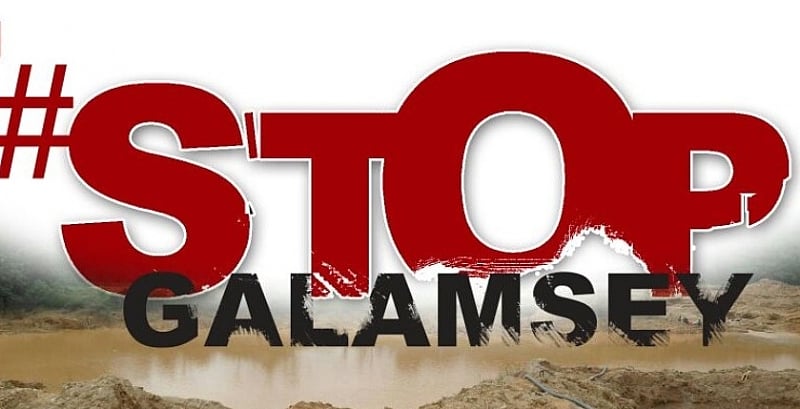The Institute of Climate and Environmental Governance (ICEG) has taken proactive measures to address the pressing issue of illegal mining, known locally as “galamsey,” in Ghana. In a recent announcement, ICEG confirmed its intentions to petition the World Bank and the International Monetary Fund (IMF) offices in Accra. The primary goal of this petition is to persuade these influential international financial institutions to press the Ghanaian government for more decisive action against the environmental devastation wrought by galamsey activities. The organization’s rationale is grounded in the belief that external pressure may drive the government to enhance its efforts to address the environmental and ecological threats posed by these illegal mining operations. In light of the ongoing degradation of vital ecosystems, ICEG has suggested that if the Ghanaian government fails to take substantial steps, these financial bodies should impose sanctions, including the suspension of funds earmarked for release to Ghana.
ICEG emphasizes the severe consequences of galamsey on the country’s water bodies, particularly highlighting the alarming pollution levels in major rivers such as the Pra, Daboase, and Ankobra. These rivers have reportedly devolved into toxic streams as a result of pervasive illegal mining activities, raising significant environmental and health concerns for local communities dependent on these water sources. In response to this environmental crisis, ICEG is formulating a comprehensive strategy to tackle the issue of galamsey. This strategy advocates for a forward-looking and non-partisan approach that encourages community involvement, emphasizing the importance of raising awareness among affected populations to foster understanding and local participation in monitoring efforts.
The proposed solutions by ICEG encompass a multi-faceted approach to combat the adverse effects of galamsey. One of the key components is enhancing regulatory frameworks to ensure that existing laws are effectively enforced while also expediting the licensing process for small-scale legal miners. By streamlining this process, ICEG aims to reduce the incentives for illegal mining while promoting legal and responsible mining practices that do not threaten the environment. Additionally, the organization underscores the importance of community involvement in conservation efforts, advocating for local monitoring projects and participatory governance structures that empower residents in their own environmental stewardship.
Furthermore, ICEG is advocating for the implementation of economic diversification programs to provide alternative livelihoods for individuals who currently rely on galamsey for their income. By offering viable alternatives, the organization argues that former illegal miners can transition to legal businesses, thus reducing the pressure on the environment and contributing to sustainable development. This transition would ideally be supported by funding opportunities designed to facilitate this economic shift, ensuring that those affected by the cessation of galamsey activities have the resources and training necessary for their new endeavors.
In its call to action, ICEG highlights the necessity of collaborative efforts between various stakeholders, including non-governmental organizations (NGOs) and the corporate sector, to bolster environmental stewardship initiatives. By fostering partnerships that focus on sustainable practices and corporate social responsibility, these collaborations have the potential to yield significant advancements in curbing illegal mining and mitigating its environmental impact. Additionally, ICEG emphasizes the critical importance of strong political will and comprehensive anti-corruption measures to ensure accountability and transparency in the implementation of proposed strategies and policies.
As part of its campaign, ICEG has announced plans to conduct sensitization initiatives within affected communities during the first week of November. These campaigns aim to educate the local populations about the dangers of galamsey and the importance of preserving their natural resources. ICEG believes that fostering a sense of responsibility and awareness at the community level will play a pivotal role in mobilizing public support for necessary regulatory changes and encouraging local action against illegal mining practices. Through these efforts, ICEG aims not only to address the immediate environmental concerns but also to lay the groundwork for a more sustainable and resilient future for Ghana’s ecosystems and communities.














